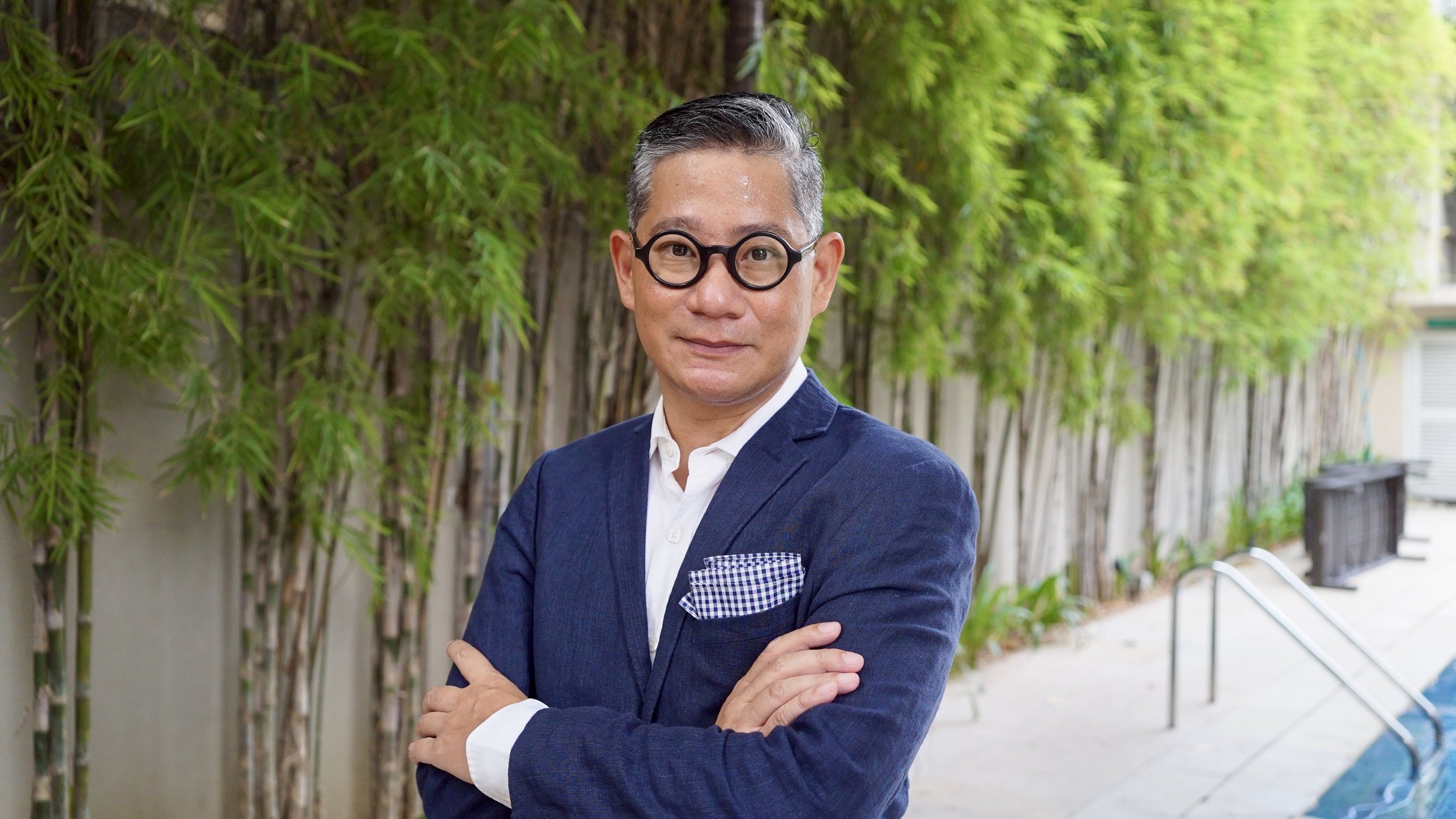By Jake de Guzman
There’s something compelling about living out our passions and being able to make a living out of it. One reason is it speaks to us about our unique selves. Passions are the intersection of skills we have and the things we are psychologically rewarded for. When we do something we love doing or are good at doing, we express who we uniquely are. Some people sing, some cook, some paint, others write. Some have the ability to listen to people and enjoy that interaction. Some can devour books and treat them like good friends. Whatever our passions are — note the plural — exercising them makes us more of ourselves. So if you haven’t been exercising some of your passions, make space for it in your life. Add it to your self-care and mental health routine.
So can you turn something that you love doing into something that also makes money? Yes. Does everyone who wants to start a business or a side hustle need to start with something they are passionate about? No. In fact if you need to earn a living first, find ways to do that before exploring your passions. Turning your passion into profit needs time, energy, and experimentation. Making a living first helps you create that space.
Are there advantages to starting with passion? Yes. Starting a business or putting more of yourself into the work you’re already doing can potentially make it more fulfilling. Being able to exercise your passion in your chosen career could let your work stand out from everybody else.
You tend to be a few steps ahead of everyone else—in terms of knowledge, practice, and network—in the areas you are passionate about. When a business starts to feel like work, being able to exercise your passion is like an endurance fuel. It can keep you going. It can give you joy beyond the race for fulfilling orders or doing accounting, or answering customer complaints. If you’re working in a job, doing something you love can help you get past the demotivating things that also come with having a job.
Talking about passions can get confusing. How do you know if you’re passionate about something? If you enjoy doing it, it’s something you are passionate about. Simon Sinek asks, “What are they things you enjoy doing and would do for free or do on weekends?” Author and venture capitalist, Randy Komisar, identified that one thing that stops people from doing what they love is looking for the “One Big Passion.” We all have many passions. There are many things we enjoy doing, find joy in and are skilled at. We also have many opportunities in front of us today. Rather than looking for the “One Big Thing” — with it’s pressures and expectations— why not look at the things that can be done today that sparks joy? If it gives you joy, it’s something you are passionate about.
Never judge a passion too. Nothing kills the spirit like judgement can. Channel curiosity instead. Ask yourself, “What if?” What if you could do something around something you loved today, what might that look like? There are many ways to do it. What ways can you imagine? What can you do tomorrow and over the next two weeks to explore this passion a little more?
How do you start?
1. If you haven’t been exercising your passion, I suggest you do that first. Carve out time for yourself and enjoy it. Sometimes being able to feel like you are more you, can change how everyday life feels like. As a parent, that’s important in terms of the attitudes and behavior we model. Joseph Campbell tells this story of a father in a restaurant who tells his son to drink his juice. The boy doesn’t want to and the mother jumps to protect the child saying, “Don’t make him do what he doesn’t want to do.” Campbell hears the father say, “He can’t go through life doing what he wants to do.” How do you want to model life and living to your kids?
2. If you already have a job, can you find a way to put it into your job? There was an accountant who loved interior design. She couldn’t shift careers or feel she really needed to. What she did was to volunteer to decorate their department’s office space for holidays and special occasions. She said that gave her joy and made her job more meaningful and enjoyable.
3. Do some research. Which people and groups are doing what you want to do? Can you copy what their already doing? Entrepreneur and Investor, Reid Hoffman often says that the first mover or the first one to try new things is the one who pays for the learning. The second mover can learn from those mistakes.
4. Create your minimum viable product. The starting point is about learning how to put what you love doing into something — a product or a service — that people will pay you money for. Minimum viable product is the smallest version of the product or service you can do. Sometimes it’s an idea on paper that you test by telling a few trusted friends. Sometimes it’s one dish or one freelance project or task. You can give samples first or charge very little and ask for feedback. Then you can sell to family and friends. The idea of minimum viable product or creating an MVP is to minimize the financial risk when you are trying something new. So don’t buy all the equipment, or packing or logo design or website just yet. You can if it doesn’t get in the way of the primary task of making the MVP.
5. If you’re enjoying it and making money, then try to start widening the circle of customers. There are many how to tips on branding, selling, direct marketing out there. Try anything and see what works for you. Once you get momentum and profits, it’s really up to you how far you want to take it.
Passions are compelling not just because of the potential story of success and self-actualization but because underneath them they invite to live from the inside out. They ask us to tap into what is close to who we are beyond our roles or what other people expect. No matter what the passions are, the inner call is the same: Can we share our gifts, our joys, and what makes us feel alive with others in not just what we do with our lives but also how we live it?
About the author
Jake talks about passion and purpose in the leadership class he teaches in the Ateneo Graduate School of Business and in talks and conferences documented in his YouTube channel, Project: Passion. He combines his leadership practice and creative pursuits in the award-winning show producer, Tripleshot Media, Inc.




Leave a Reply